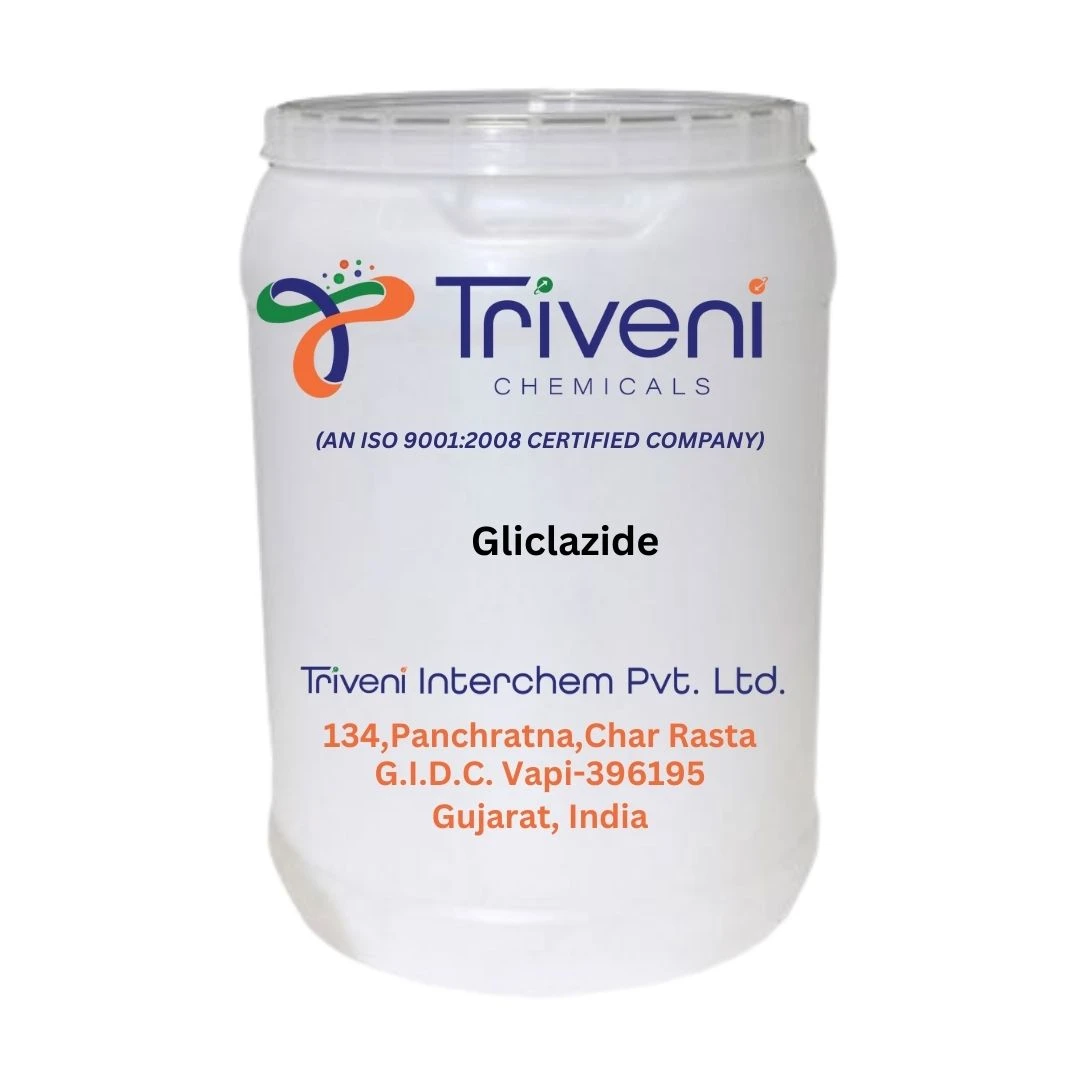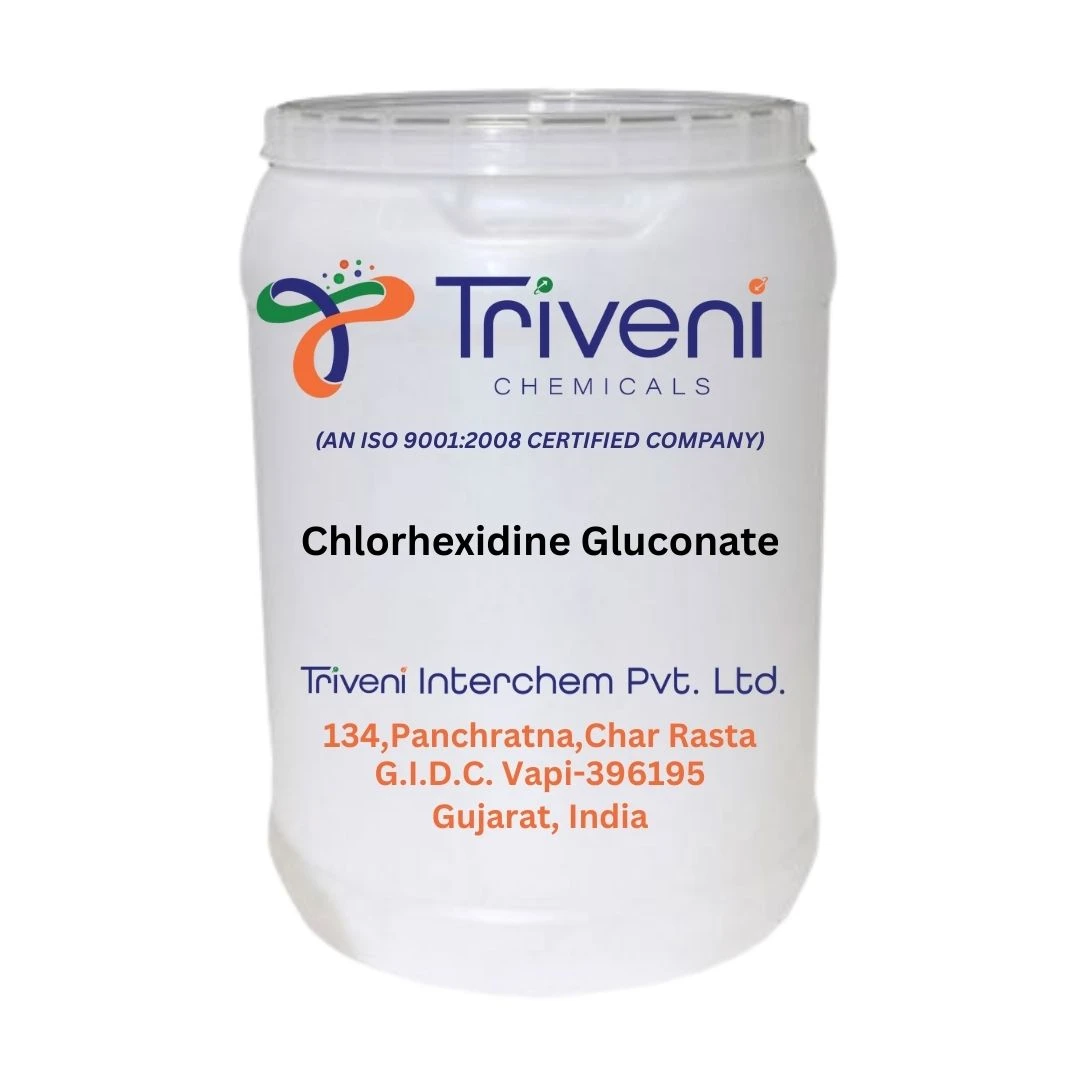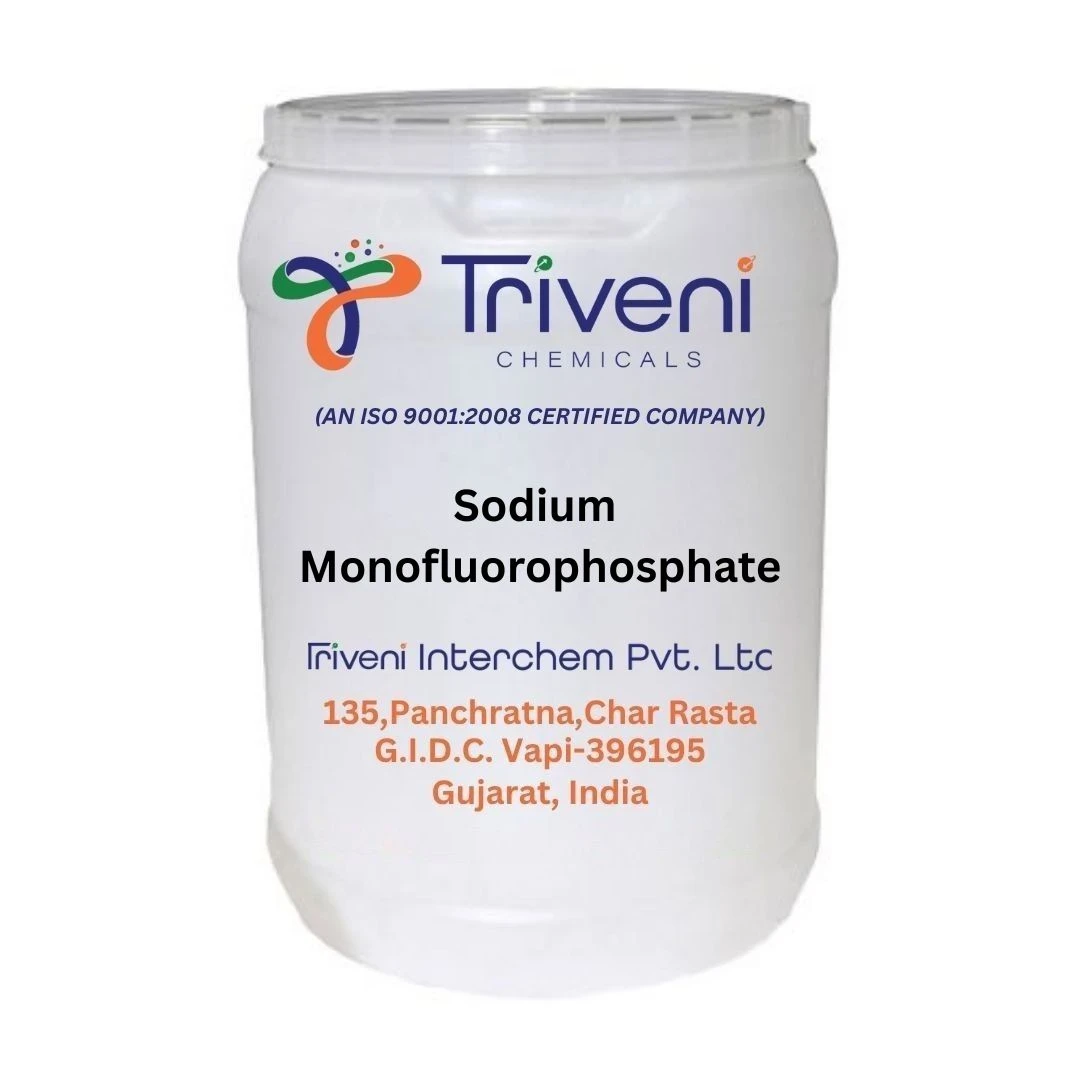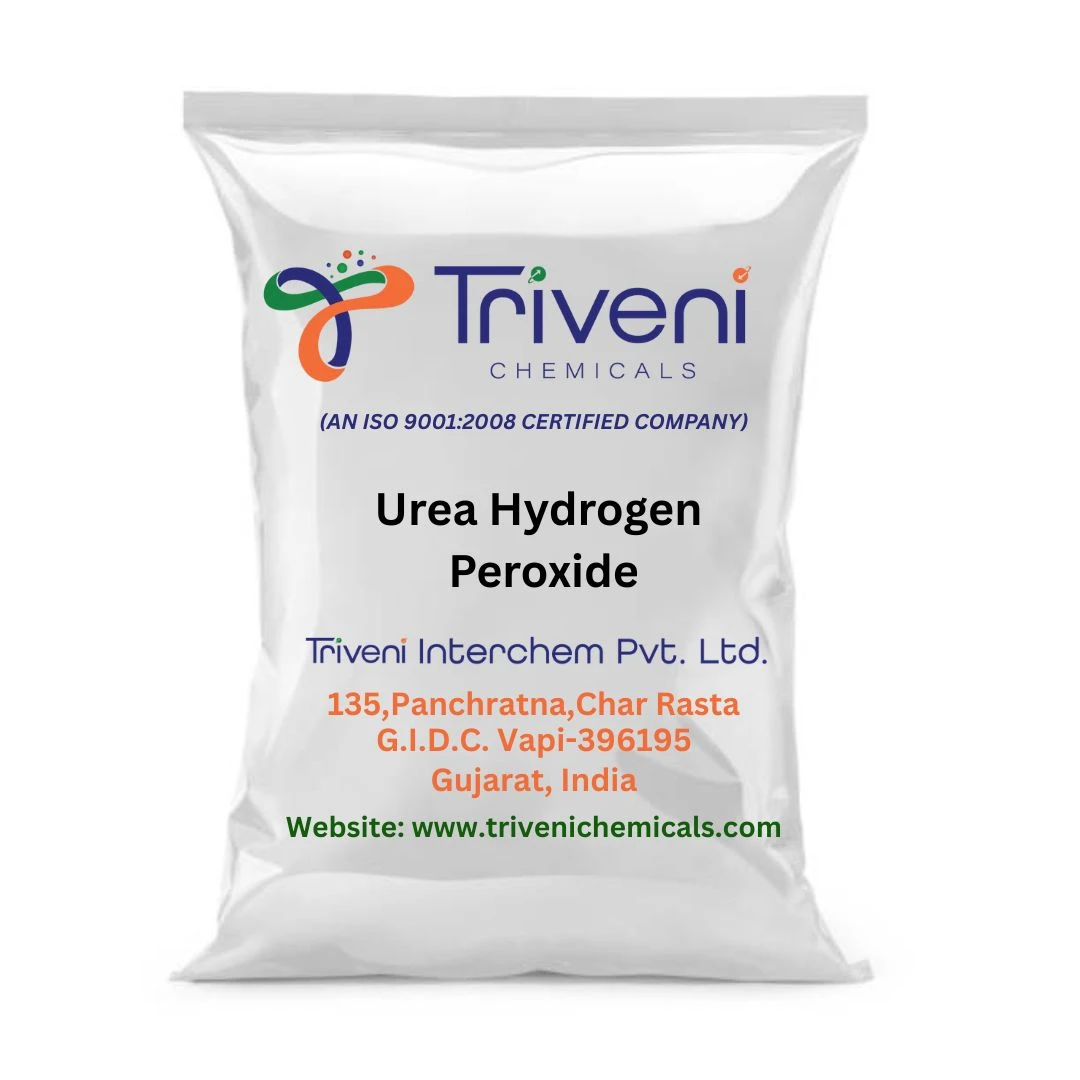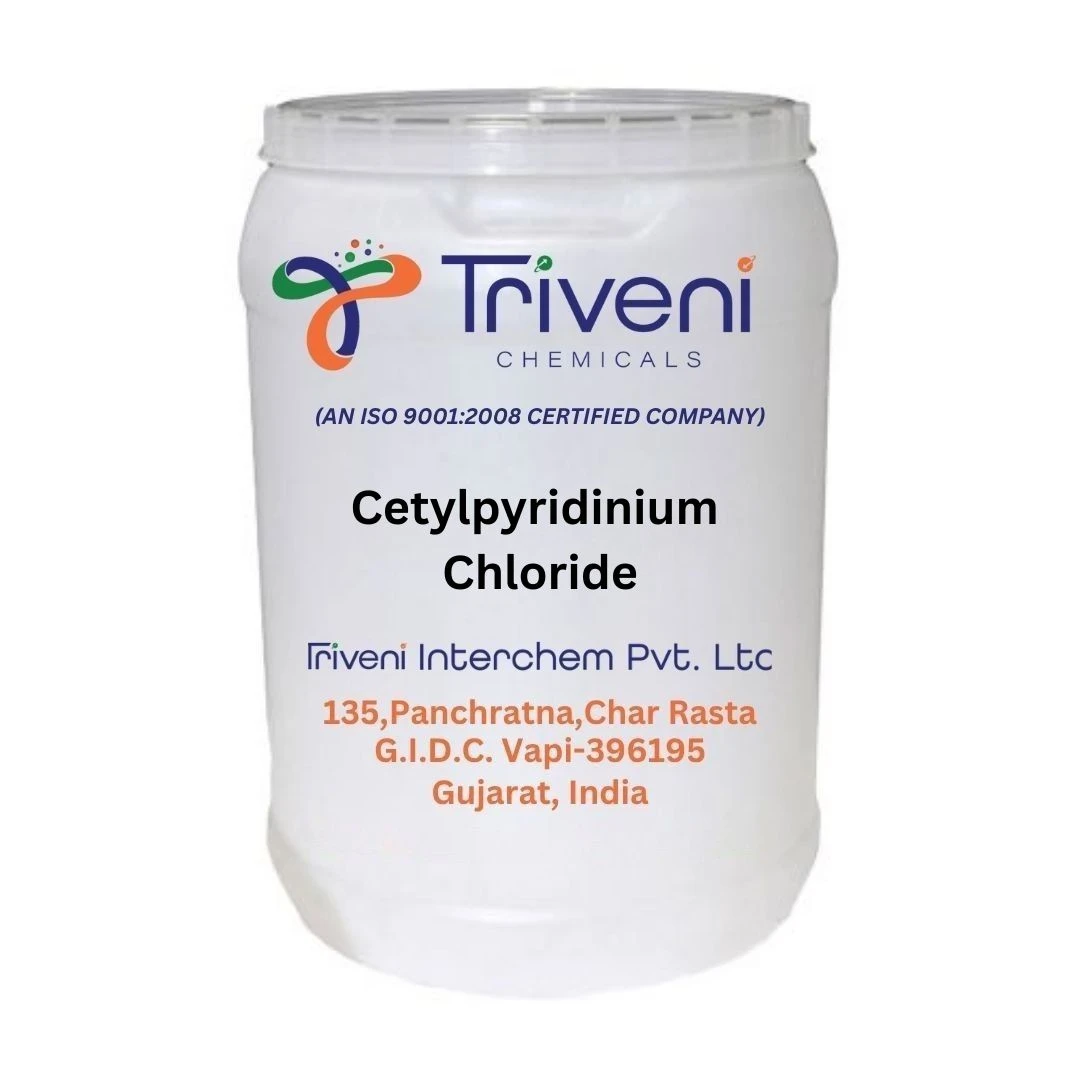Oral thrush, also known as oral candidiasis, is a fungal infection caused by an excess of Candida albicans, a yeast typically found in the human mouth. Small levels of this yeast are typical, but an imbalance in the oral microbiota or a weakened immune system might cause oral thrush. The..
Oral thrush, also known as oral candidiasis, is a fungal infection caused by an excess of Candida albicans, a yeast typically found in the human mouth. Small levels of this yeast are typical, but an imbalance in the oral microbiota or a weakened immune system might cause oral thrush. The illness frequently manifests as white or cream-colored patches on the tongue, inside cheeks, gums, and roof of the mouth. These patches may resemble cottage cheese and are accompanied by redness, discomfort, and difficulty swallowing. In severe situations, the infection might extend to the mouth and esophagus. Several factors can lead to the development of oral thrush, including antibiotic use, corticosteroid medicines, reduced immunological function (such as in HIV/AIDS or certain autoimmune illnesses), diabetes, and inadequate oral hygiene. Infants, the elderly, and people wearing dentures are also at a higher risk. Oral thrush is often diagnosed through clinical inspection, but in some circumstances, a healthcare provider may collect a sample from the afflicted area to confirm the presence of Candida albicans. Antifungal drugs, such as topical creams, lozenges, or oral solutions, are commonly used as treatment. Systemic antifungal drugs may be used in more severe situations or if the infection is persistent. To achieve infection elimination, finish the entire course of treatment as suggested by a healthcare practitioner. Preventive strategies include brushing your teeth and tongue on a regular basis, using antiseptic mouthwash, and removing dentures at night for thorough cleaning. Individuals with a weaker immune system or underlying medical disorders should collaborate with their doctors to manage and control risk factors. While oral thrush is mostly a harmless infection, it can be painful and, if not treated, can lead to consequences. Seeking timely medical attention and implementing preventive measures are critical for successfully controlling oral thrush.


